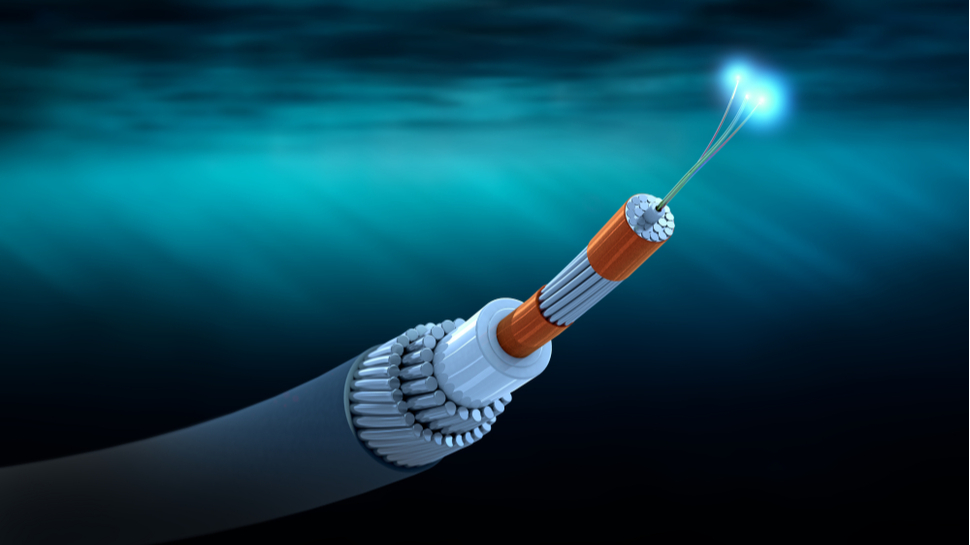
- Cloudflare says European countries saw “little-to-no observable impact” following cable damage
- BSC East-West Interlink and C-Lion1 cables were damaged recently
- Several redundancy options kept the affected nations online
Recent damage to undersea internet cables in the Baltic Sea which affected some European countries may not have been as bad first though, after Cloudflare claimed the potential sabotage had “little-to-no observable impact” whatsoever.
The company credited this to Europe’s robust internet infrastructure, demonstrating a high level of resilience supported by a network of redundancy options to keep the continent connected to the internet.
Two lines were impacted – the BSC East-West Interlink cable between Lithuania and Sweden, and the C-Lion1 cable linking Finland to Germany.
Internet cable damage didn’t really affect us
Cloudflare used metrics like internet quality, latency and bandwidth in the supposedly affected countries to reveal that networks remained stable.
The BCS East-West Interlink, damaged on November 17, usually carried around one-third of Lithuania’s internet capacity, however alternate pathways allowed the country to stay connected without major disruptions.
One day later, the C-Lion1 cable was damaged. Minor fluctuations in internet performance, like a slight change in bandwidth and latency in Finland, were observed, however they were remediated within just hours.
Although undersea cables are critical to keeping countries connected to the internet, several redundancy options make it extremely difficult to entirely cut off a nation.
Sweden is connected by more than 20 subsea cables, while Finland and Germany have 10. They also benefit from land-based fiber networks, all of which help keep the countries and their critical infrastructures connected during such outages.
However, the threat of sabotage to undersea cables remains a key focus for many countries. The Danish Navy recently intercepted a suspected Chinese vessel, highlighting the need to protect these physical connections.
Earlier in 2024, we reported NATO had revealed plans to use satellite-based connections to safeguard against undersea cable attacks, while other consumer options like Starlink promise to keep citizens connected.
You might also like
- Google is spending billions on new data centers and subsea cables to connect them
- Check out our roundup of the best cloud hosting providers
- We’ve listed the best broadband deals for this month







